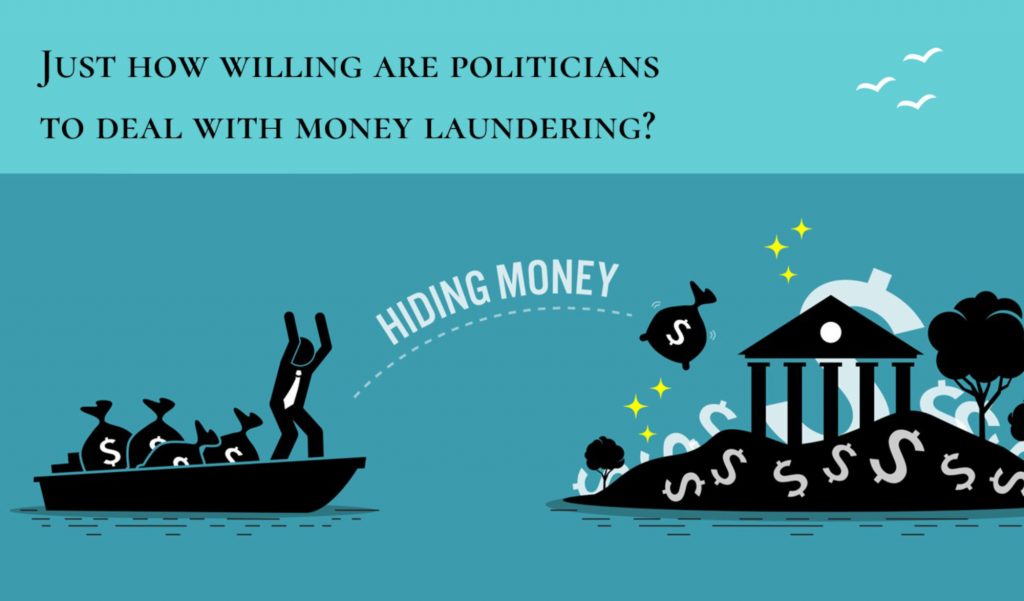Great Reads – All Highlight The Need For Good Regulation

Complex problems can’t be solved without understanding the underlying drivers and enablers. From biodiversity loss to the climate crisis, and more besides, a key enabling factor is secrecy.
From shell companies to tax havens, to trusts and commercial-in-confidence laws, all are underlying drivers of unchecked overexploitation driving ecosystem failures and climate collapse. Anyone wanting real solutions must be willing to reflect on the root causes of these global system failures.
Sometimes it is about understanding history, as outlined in the book Secular Cycles (by Peter Turchin and Sergey Nefedov). This great read explains the history of recurrent patterns of change as states go through strong expansionist phases followed by periods of state failure and instability.
Insights on what we might expect can be found in the work of Geoffrey Parker, who examines first-hand accounts of political, economic and social crises triggered by changes in the prevailing weather patterns during the 1640s and 1650s, the Little Ice Age.
Current events can also bring critical issues to the forefront, such as the sanctions placed on oligarchs as a result of the war between Russia and the Ukraine. These sanctions have re-triggered a greater level of scrutiny in the weakness of current money laundering laws, and the lack of political will to strengthen these laws and close loopholes.
For example, author Oliver Bullough, traces Britain’s vital role in the growth of offshore money laundering in his book Butler To the World and BBC Audio Series How to Steal a Trillion, the Trillion Dollar Laundromat. In an interview for this BBC series, David Lewis, head of anti-money laundering policy at the UK Treasury between 2009 and 2015 says,
“In the whole of that time I was asked only once what could be done to tackle money laundering, but I was repeatedly asked to justify our money laundering regulations and why we need to comply to global standards and what we can do to reduce the burden of those regulations. I was put star chambers with ministers where I was grilled about why we have these regulations. They were things like the Red Tape Challenge, policy challengers across Whitehall to get rid of regulations. That meant I spent all of my time trying to defend any action at all on money laundering, let alone taking more action”.

With Global Shell Games, the authors investigate just how easy it is to form an untraceable company. Posing as twenty-one different international consultants, the authors approached nearly 4,000 services in over 180 countries. Their research and book help shine a light on worldwide criminal practice in corporate finance.
Opaque and broken global systems are the key enablers of the unchecked overexploitation driving ecosystem failures and climate collapse.
When you aren’t aware of these underlying drivers it is too easy to accept the meaningless ‘announceables’ made by governments, industries and even the conservation sector. For too many years these positive-sounding public announcements have created the pretence of a genuine action to save the natural world. The reality is that too little has been done so far and a key reason is that the actions proposed are too narrow and focus on symptoms.
When the necessary links aren’t made, substituting one problem for another is too easily done. A good example of this is Al Gore’s statement, “I’m a big fan of Bitcoin… Regulation of money supply needs to be depolarised”. The energy use to mine new Bitcoin is massive, it already uses more electricity than some nations. Bitcoin is so power hungry that mothballed fossil-fuel power plants are being purchased and brought back online by crypto miners. Al Gore’s statement on Bitcoin is a direct conflict with his work to educate people about global warming, and a perfect example of siloed thinking.
In the months and years ahead LynnJohnson.News will suggest some of the great reads to help you find and understand the evidence of why we need to disrupt the status-quo which is preventing genuine action to kerb the extinction crisis and slow climate change.
Our work is entirely reader-supported, so if you enjoyed this article please consider sharing it around, following us on Twitter or LinkedIn, or throwing some money into our tip jar on Paypal. Everything we publish is open access. Finding the time to do the research and writing is helped by the goodwill of people who are also looking for real answers to what is happening. The best way to make sure you don’t miss the articles we publish is to subscribe to the mailing list at our website.

Lynn Johnson is a physicist by education and has worked as an executive coach and a strategy consultant for over 20 years. In her work she pushes for systemic change, not piecemeal solutions, this includes campaigning for modernising the legal trade in endangered species, to help tackle the illegal wildlife trade.





